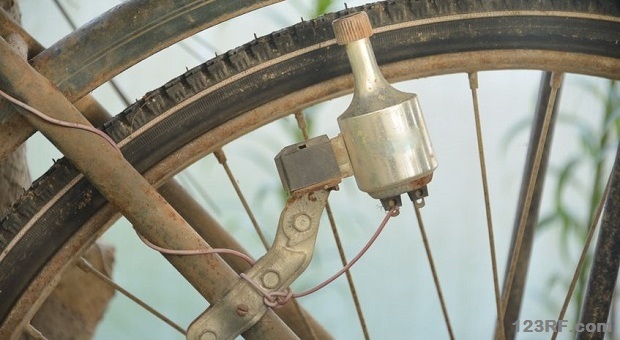
It’s been noted than in virtually all the post-apocalyptic scenarios depicted in movies, or novels, you rarely ever encounter anyone riding a bicycle. But it stands to reason that bicycles will end up being one of the chief modes of transportation in the event of grid failure or almost any long-term SHTF situation.
As any prepper knows, the shelf life of gasoline is short. And even if that weren’t the case, internal combustion engines can be difficult to maintain over a long period, especially if you don’t have access to the right tools, spare parts, etc. On the other hand, a well-maintained bicycle can last for decades, requiring a minimum of spare parts, tools and know-how. That’s not to even mention the low cost of purchasing one in the first place.
Bicycles have been around for centuries now, and aside from some relatively minor improvements and lots of variations on the theme, the technology is essentially the same as it was in the late 19th century, when the first chain-driven upright bikes were introduced.
The bicycle is possibly one of man’s greatest inventions, especially when one considers the facts that riding a bicycle causes essentially zero harm to the environment and is the most efficient means of human-powered transportation available. The raw materials and energy expended to manufacture a bicycle are negligible compared to its long-term potential value.
6 Reasons To Choose A Bicycle
{adinserter emp}In a SHTF situation, a bicycle could prove to be an enormously valuable tool for survival.
Aside from being a means of getting from one place to another much more quickly than on foot, bicycles have many advantages over foot power, and in some cases, even over motorized transportation.
Although, of course, a bicycle may not be as fast or capable of the long distances achievable with a motorcycle, car or truck, the relative advantages are numerous:
- Cost – A good bicycle purchased new only costs a few hundred dollars, maximum. Used bicycles are ridiculously cheap and can often be scavenged for free.
- Reliability – A well built and maintained bicycle is almost indestructible. Almost everything needed to repair and maintain a bike can be carried along, including spare inner tubes, tools, lube, etc.
- Durability – A well-maintained bicycle can last almost indefinitely if care is taken to prevent rusting and corrosion of its parts. With a few spare parts and careful maintenance, a bicycle will provide service for decades.
- Efficiency – As mentioned above, bicycles are the most efficient form of human-powered transportation and the health benefits associated with bike riding are obvious. Bicycles are also extremely efficient in terms of cargo transportation.
- Stealth – One of the possibly less obvious, but potentially important advantages of a bicycle is its nearly silent operation. This could prove to be a life-saving quality in a SHTF situation. A bicycle can be used for covering great distances for hunting wild game as well, without calling attention to one’s presence.
- Accessibility – Bicycles are capable of going places few other vehicles can manage. A mountain bike can be used almost anywhere – even in some of the roughest imaginable terrain.
Innovative Uses of Bicycle Power
Bicycles also have many valuable uses beyond simple transportation. Bicycle parts, particularly the pedals and drive train, can be converted into highly useful tools. Pedal power can be harnessed to perform a great number of tasks, including generating electricity, recharging batteries and powering a wide variety of tools.
If the power grid goes down or if there is no available electrical power for whatever reason, converted bicycles can be a major source of efficient human-powered energy. Let’s look at a few methods of harnessing pedal power to drive a number of devices, including water pumps, sewing machines and more
Water Pump
A bicycle can be converted to power a water pump capable of transporting 10 liters of water per minute. The pump could be made from bicycle parts, an old belt-driven water pump and other scrap materials found around this resourceful Irish couple’s off-the-grid home.
This article has been written by James Armstrong for Survivopedia.



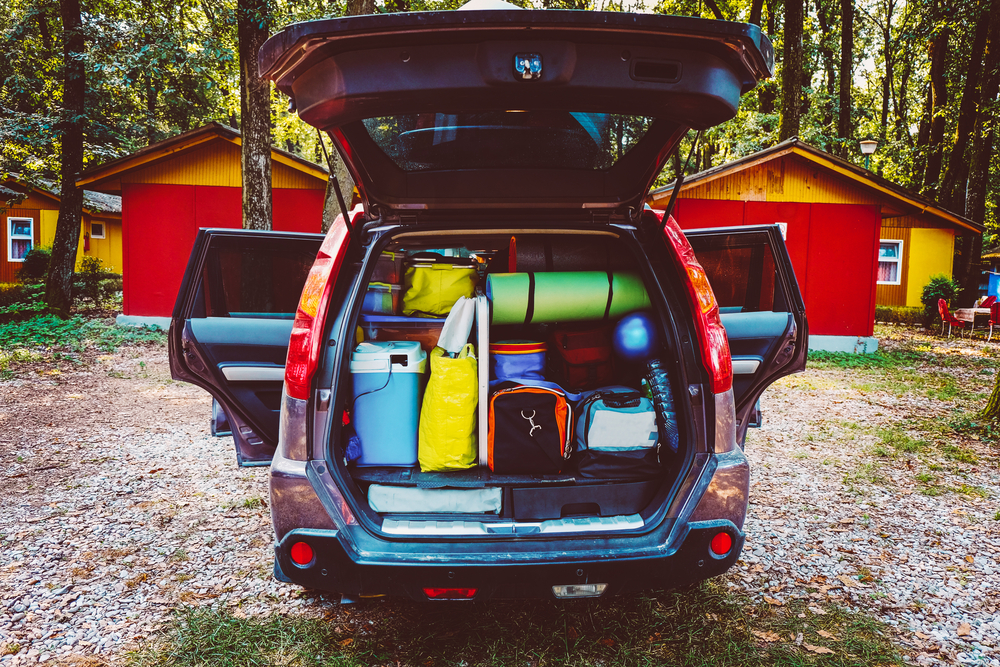


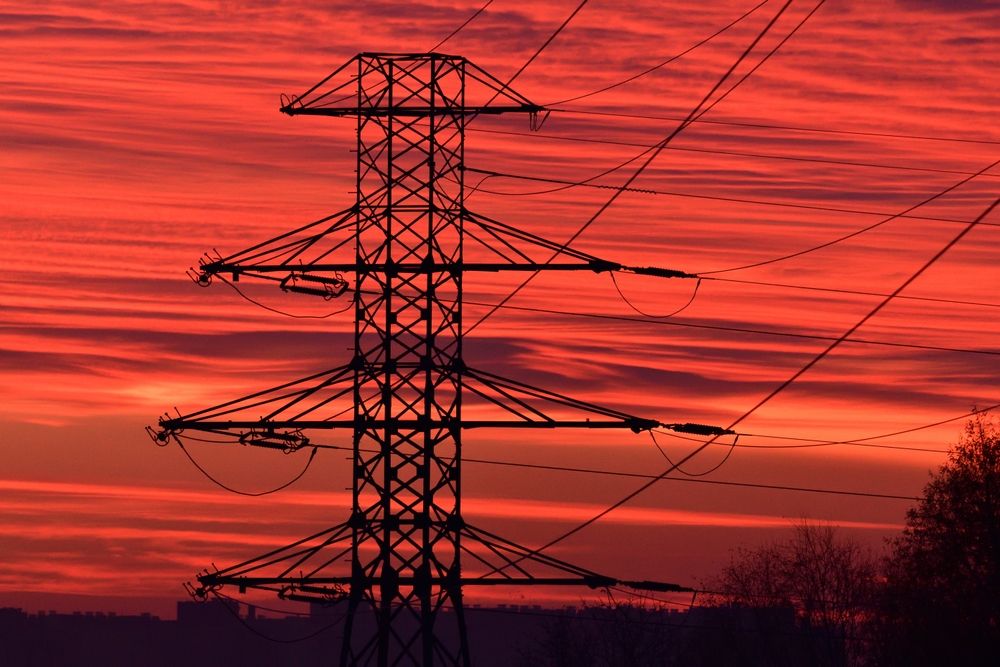

















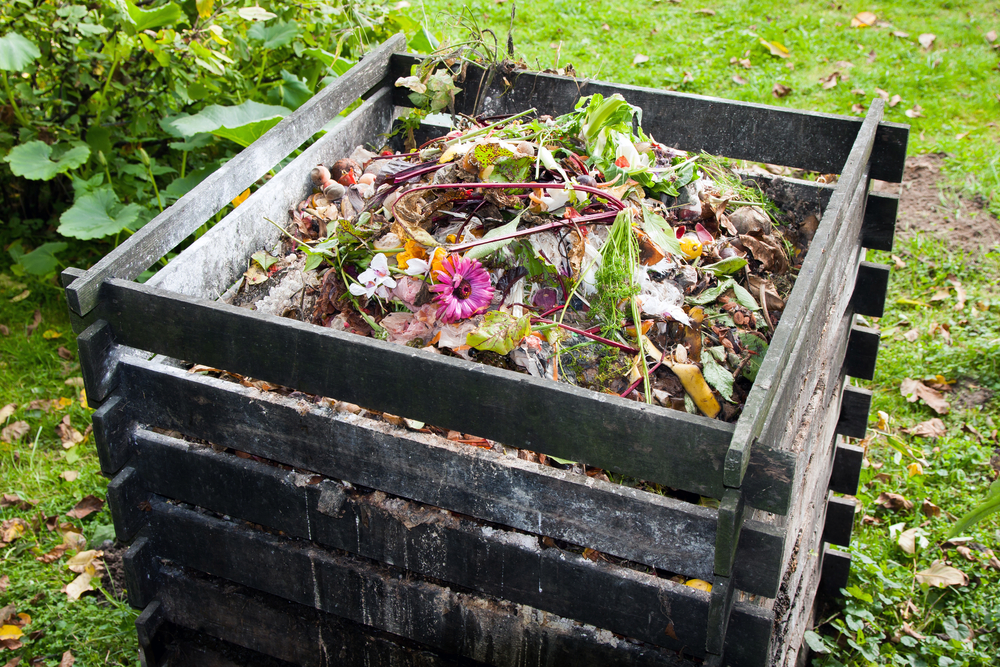
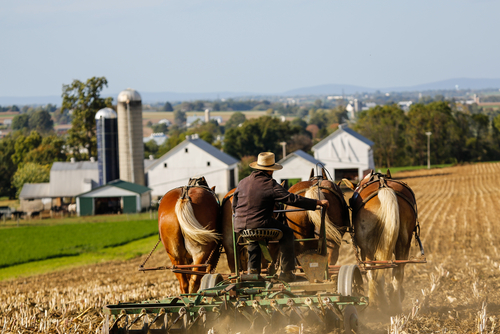











































This article is so true. There are safety problems with bikes as well. One of the best books out there for preppers is Nine Meals To Anarchy by Farrell Kingsley. In his book he talks about using bikes for a number of things but also using it safely in a SHTF situation. Your two wheels are suddenly valuable in many eyes and people are out to take what you have.
According to cyclists, a fit cyclist can produce between 100 and 200 watts per hour. Speaking from experience, I can attest that this is a VERY fit cyclist. The idea of actually harnessing any usable energy via the human body is just hopeful. The reality is, it’s not going to happen. I’m seeing several of these stories of late that are claiming people can do X, Y or Z and it obvious that the authors have little if any real world experience in the claims they are making. It’s getting rather ridiculous. I’d caution the editors to ask for real word examples before buying freelancers stories about using vacuum tubes, home made resistors, capacitors and bicycle mounted generators to live in the post collapse world.